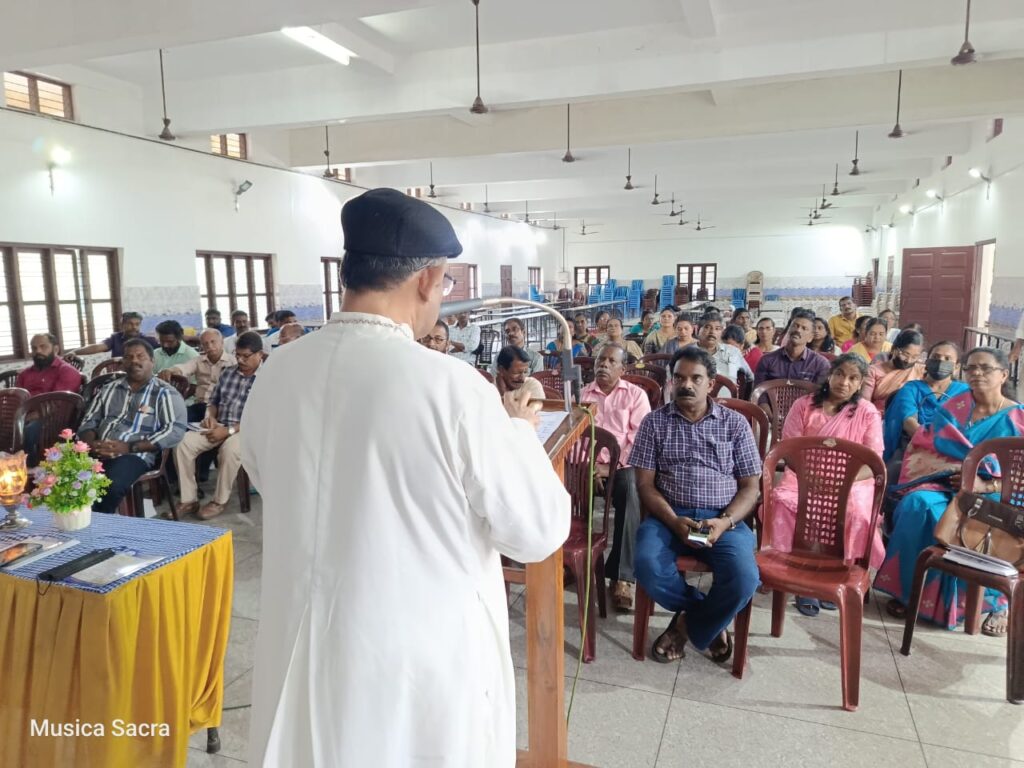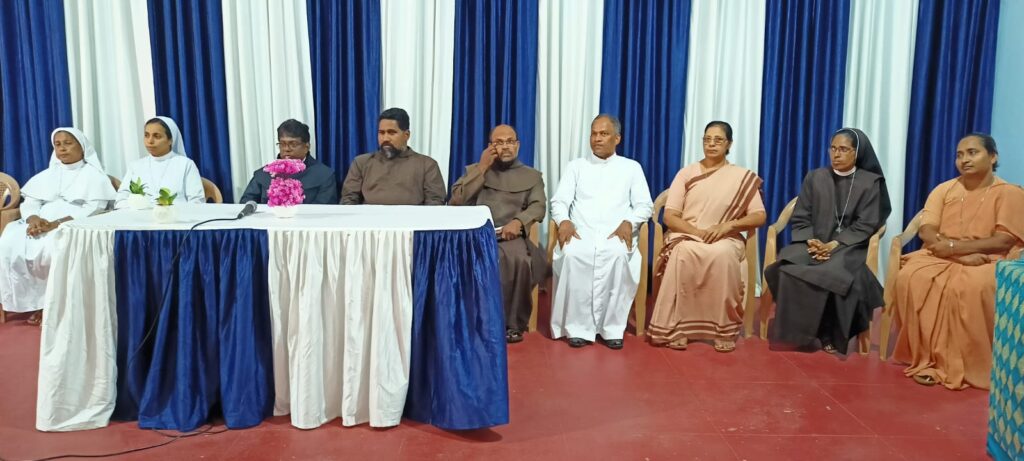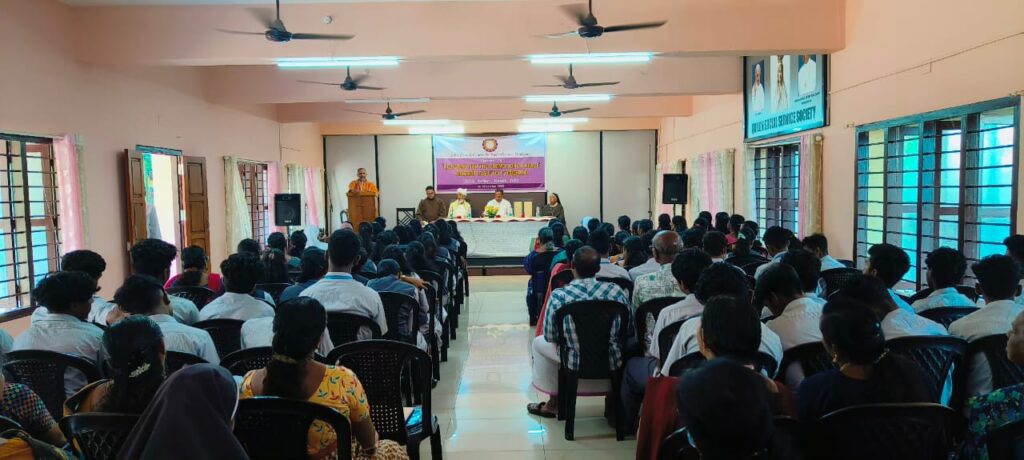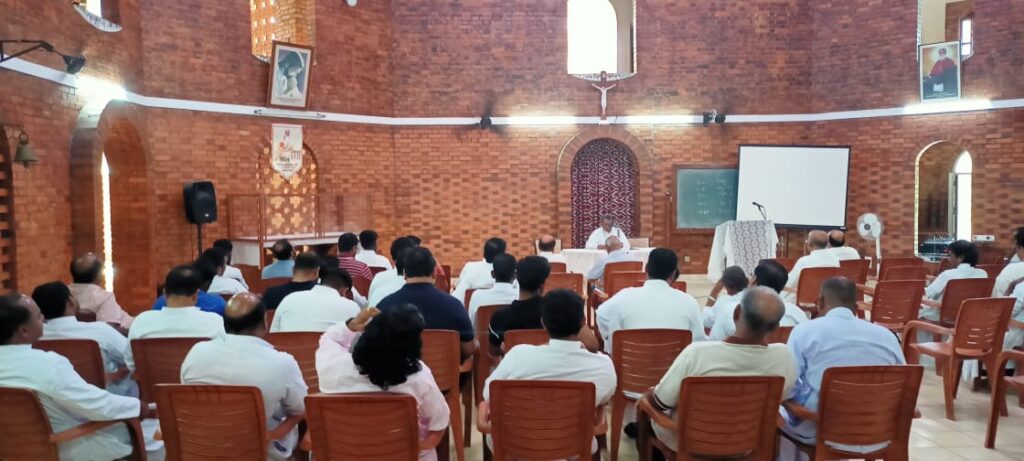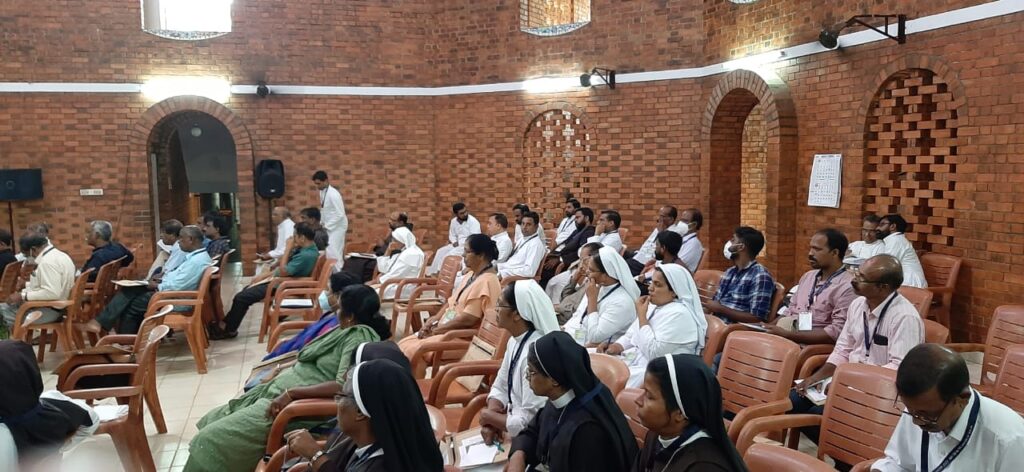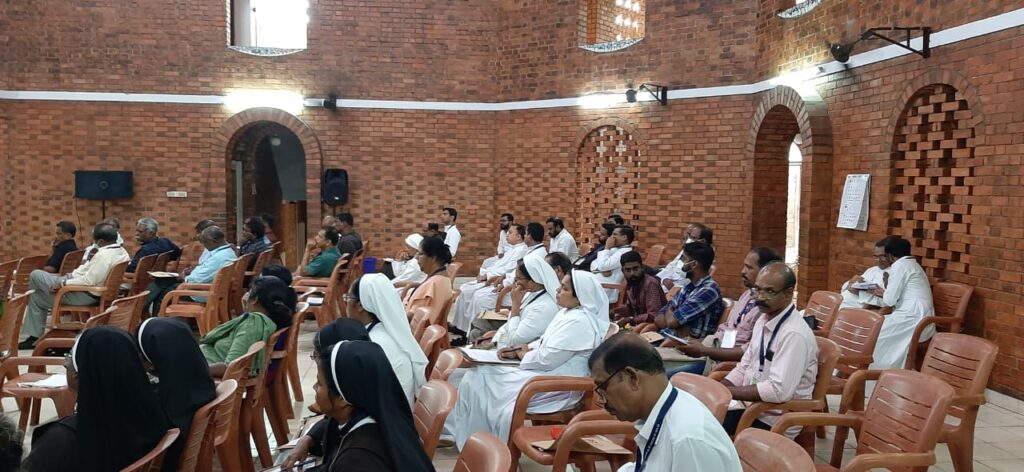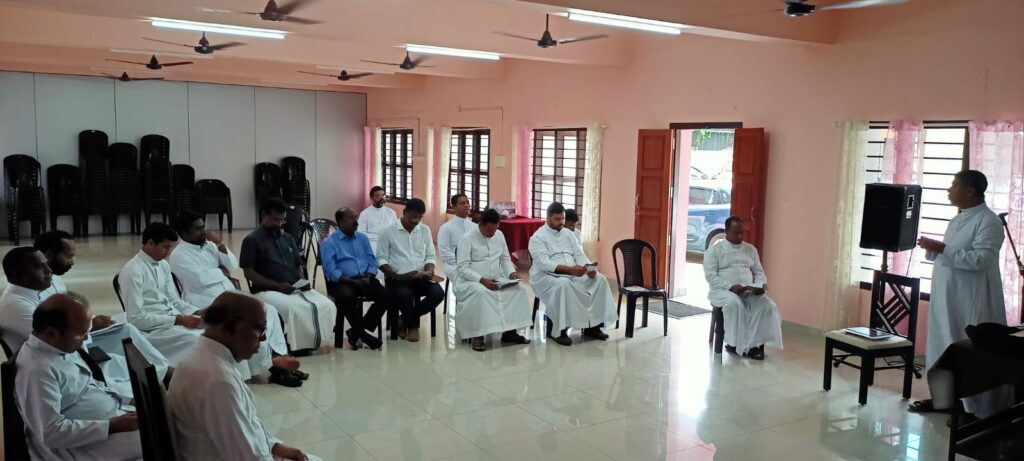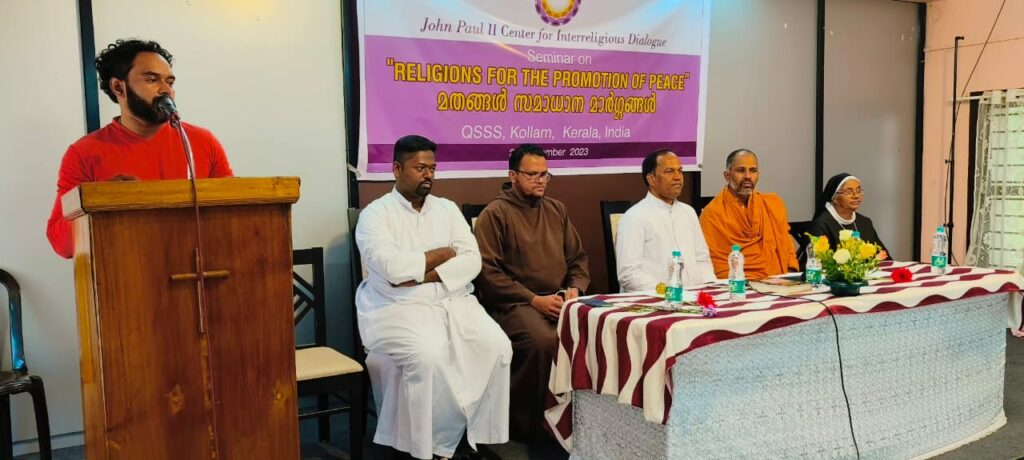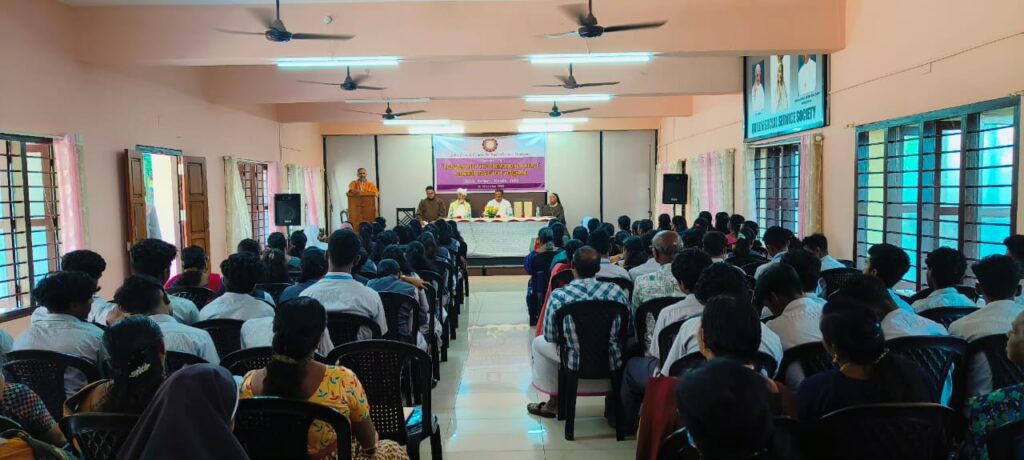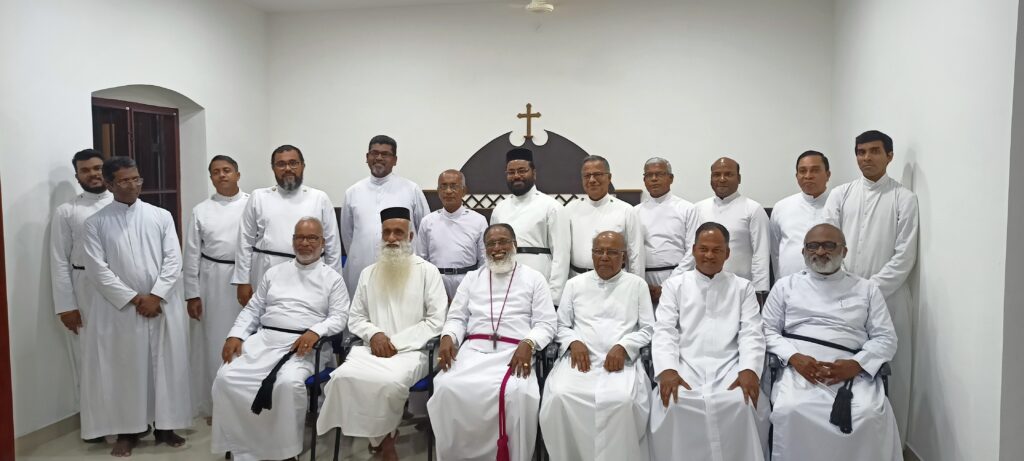The project titled “Intensifying and Stabilizing Interreligious Harmony through Motivated Pastoral Workers and BCC Leaders in the Diocese of Quilon” was successfully undertaken by the Diocese of Quilon over the course of one year.
The Diocese, located in Kerala, India, covering a significant area, faced challenges such as unchecked population growth and diminishing marine resources leading to poverty and its associated issues. Despite these hardships, the community held a rich religious heritage, and the project aimed to address the need for spiritual and social upliftment.
The majority of the faithful lived along the Arabian Sea coastline, the Ashtamudy Lake, and riverbanks, depending on fishing for livelihood. Traditional fishing methods faced challenges from modernized sectors, contributing to the struggles of the impoverished. The project supported the Diocese’s efforts to intensify faith, organizing the community into Basic Christian Community (BCC) groups capable of taking up faith responsibilities.
The Diocese covered a substantial population, including Catholics living alongside Hindu and Muslim communities. The need for peaceful harmony among these religious traditions was evident. Despite occasional violence and riots, there existed a strong tradition of mutual respect and help among families. However, the rise of religious fundamentalism and fanaticism posed threats to religious harmony, especially following political shifts.
In response to these challenges, the project aimed to motivate and animate people toward interreligious dialogue, religious harmony, spiritual renewal, and cultural training of community leaders. The focus was on proper orientation, mobilization, and development of human resources, with programs targeting leaders engaged in the promotion of faith.
The Diocese implemented the project, with guidance from the Bishop and support from the expert team at Quilon Social Service Society (QSSS).
The project utilized systematic class arrangements, incorporating group games, skits, video shows, and voluntary programs. Advanced knowledge for animation, mobilization, motivation, and training programs were provided to leaders involved in faith promotion. Selected readings from the sacred scriptures of Hindus, Muslims, and Christians were shared to foster mutual understanding.
The project’s beneficiaries included Sunday School teachers, catechists, animators of Basic Communities, nuns, priests, and other pastoral workers. Specialized programs were designed for pastoral workers, BCC leaders, and laity leaders to enhance their capacity for spiritual and social upliftment.
In conclusion, the project successfully contributed to the Diocese’s mission of intensifying faith, promoting interreligious harmony, and empowering community leaders to address the unique challenges faced by the Catholic population in the region.
